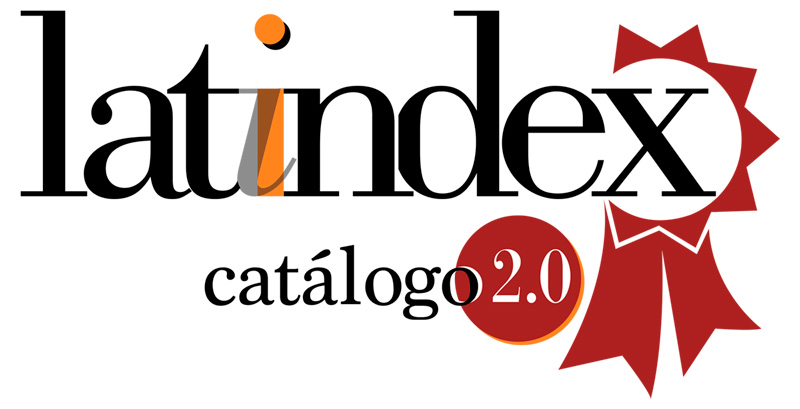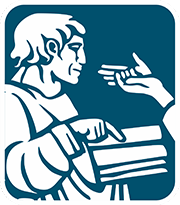íˆmile ou de l'éducation, by Jean Jacques-Rousseau
Analysis and Transcendence
DOI:
https://doi.org/10.35626/sv.18.2014.47Keywords:
Natural education, century XVIII, education philosophyAbstract
Émile presents, in a normative and narrative way, ideas that pursue two specific goals: a pedagogical style framed within the natural learning process and a staging of the human development as a function of the subject”™s educational needs. In the present study, Rousseau”™s proposed main pedagogical concepts are analyzed in detail: staging of the educational process, importance of the parents in early child development, negative education, the usefulness of knowledge as an ethical foundation, the importance of manual labor, happiness as teleology, the educator as a partner, moral teaching, the usefulness of religion, as well as the underlying curriculum in Rousseau”™s work. The present study also analyzes the present transcendence of Rousseau”™s ideas and present studies that point in the direction of his ideas, like finding out that there is an innate goodness in children that needs to be adequately developed to shape individuals, with solid ethical principles and a correctly developed self esteem, to face a globalized world.









